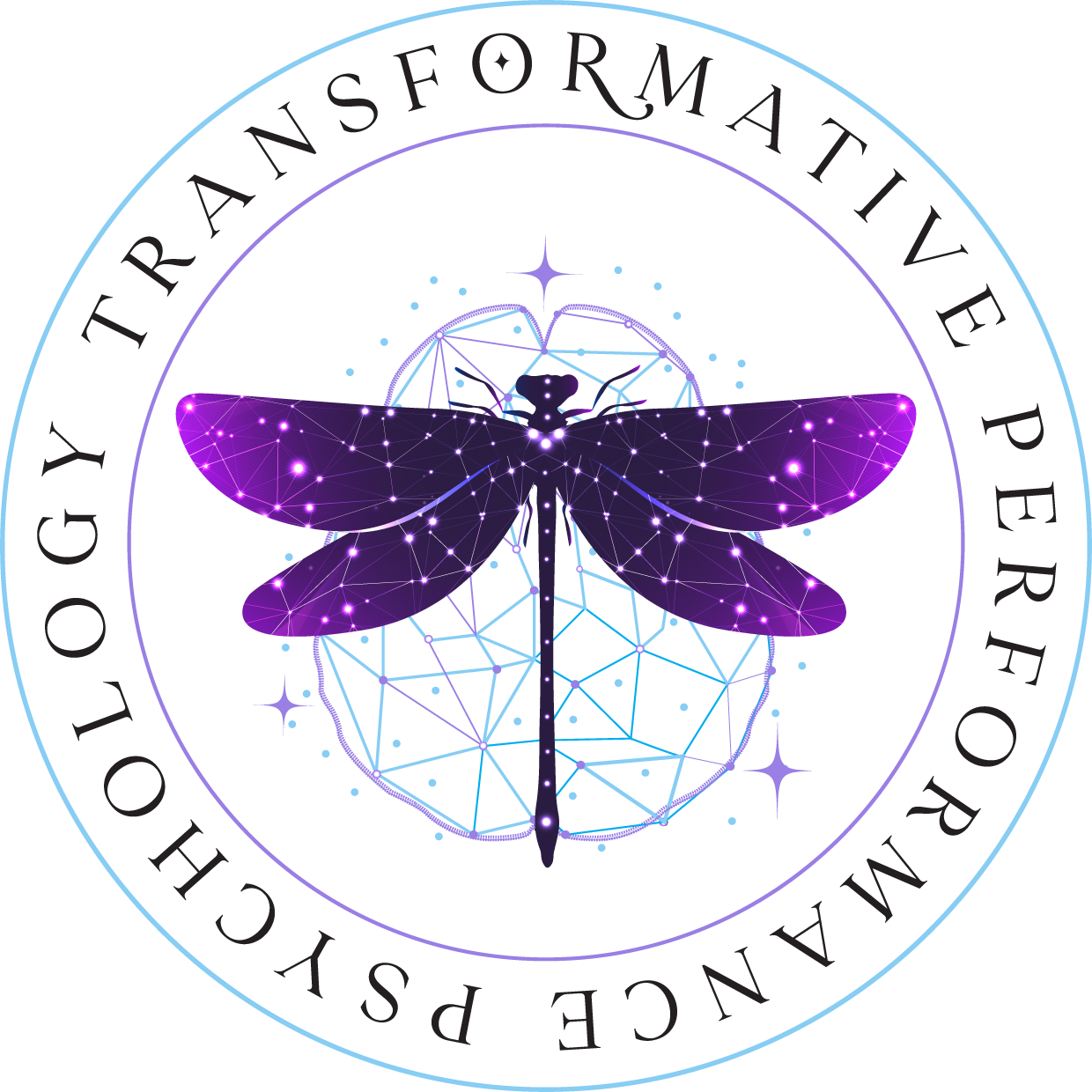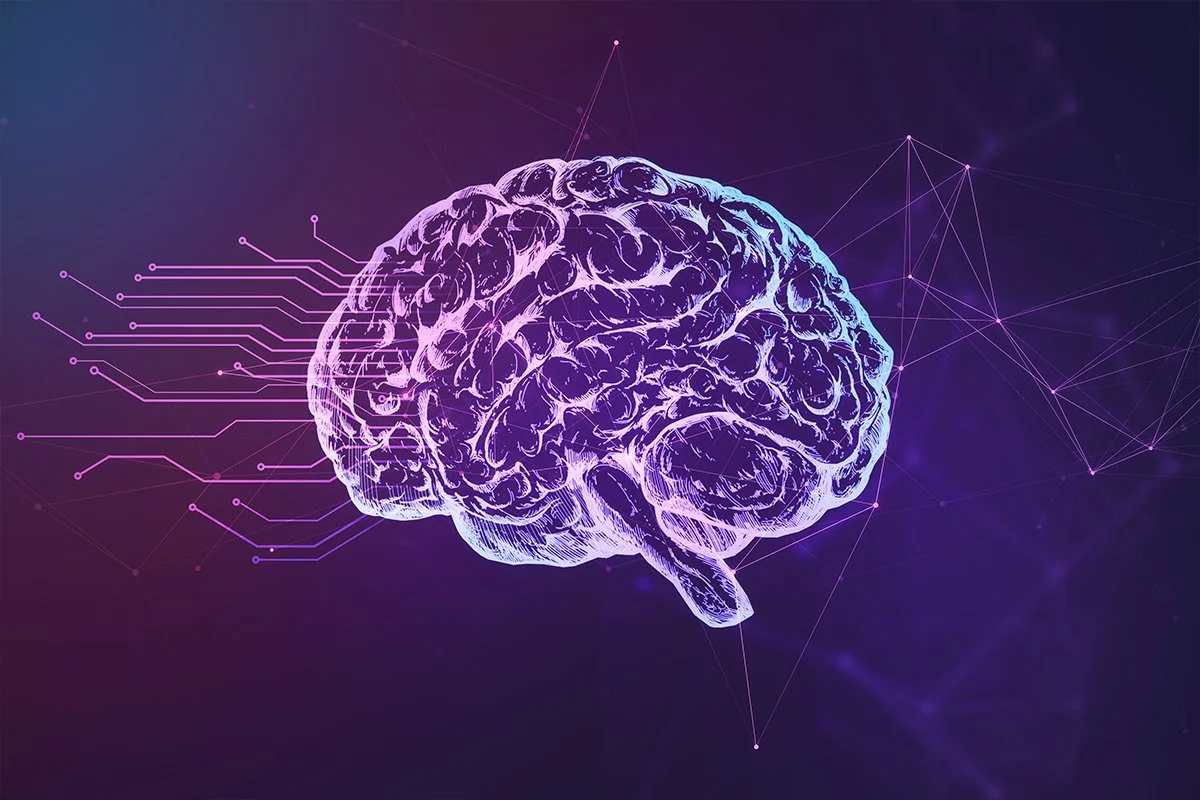I came upon this article yesterday about the efficacy of Neurofeedback as treatment for different mental health disorders. While the article does increase exposure to this constantly developing field, neurofeedback is not something that is "new", and I found some of the information to contradict my professional experience with using neurofeedback in a clinical setting.
First, it is true that many psychiatric disorders are now showing similarities when tested using medical imaging screening such as an fMRI, Quantitative Electroencephalography or QEEG recordings are typically used by a majority of accredited professionals in order to generate a baseline of the client's brainwave activity. The QEEG is an assessment that measures the brain's bioelectrical activity and quantifies it by comparing it to a normative database in order to determine the underlying causes of the presenting symptoms. The QEEG can be an invaluable tool in determining what is happening diagnostically in the brain. It can reveal if the client has a sleep disorder, ADHD, Depression, Anxiety, OCD, PTSD, Autism Spectrum Disorder,
The process entails placing nineteen non-invasive EEG sensors onto the scalp and taking two recordings (eyes open and eyes closed). The recordings are then reviewed and the findings are compared to a normative database. By assessing where the client's brainwave activity is functioning outside of the norms, we can then develop an individualized neurofeedback treatment protocol in order to train the brain to function in a more optimal way. With the change in the bioelectrical activity, clients often experience a reduction in symptoms.
There are practitioners who will provide neurofeedback protocols based on symptoms without doing a QEEG. This is done sometimes to limit the cost of the exam (QEEG can cost upwards of $500), and not all practitioners who practice neurofeedback have obtained the training to administer the test. In my experience in working with both methods, I have found the QEEG-guided approach to neurofeedback far more effective. Furthermore, the QEEG can provide information that can support a diagnosis, as well as determine which medications the client may respond to if he or she decides to try medication.
It's exciting to see neurofeedback gaining more attention in the media, and hopefully more people will become aware of this treatment modality that can provide relief to a variety of mental health disorders. The link to the full article is below.
Brain Training for Anxiety, Depression and Other Mental Conditions

